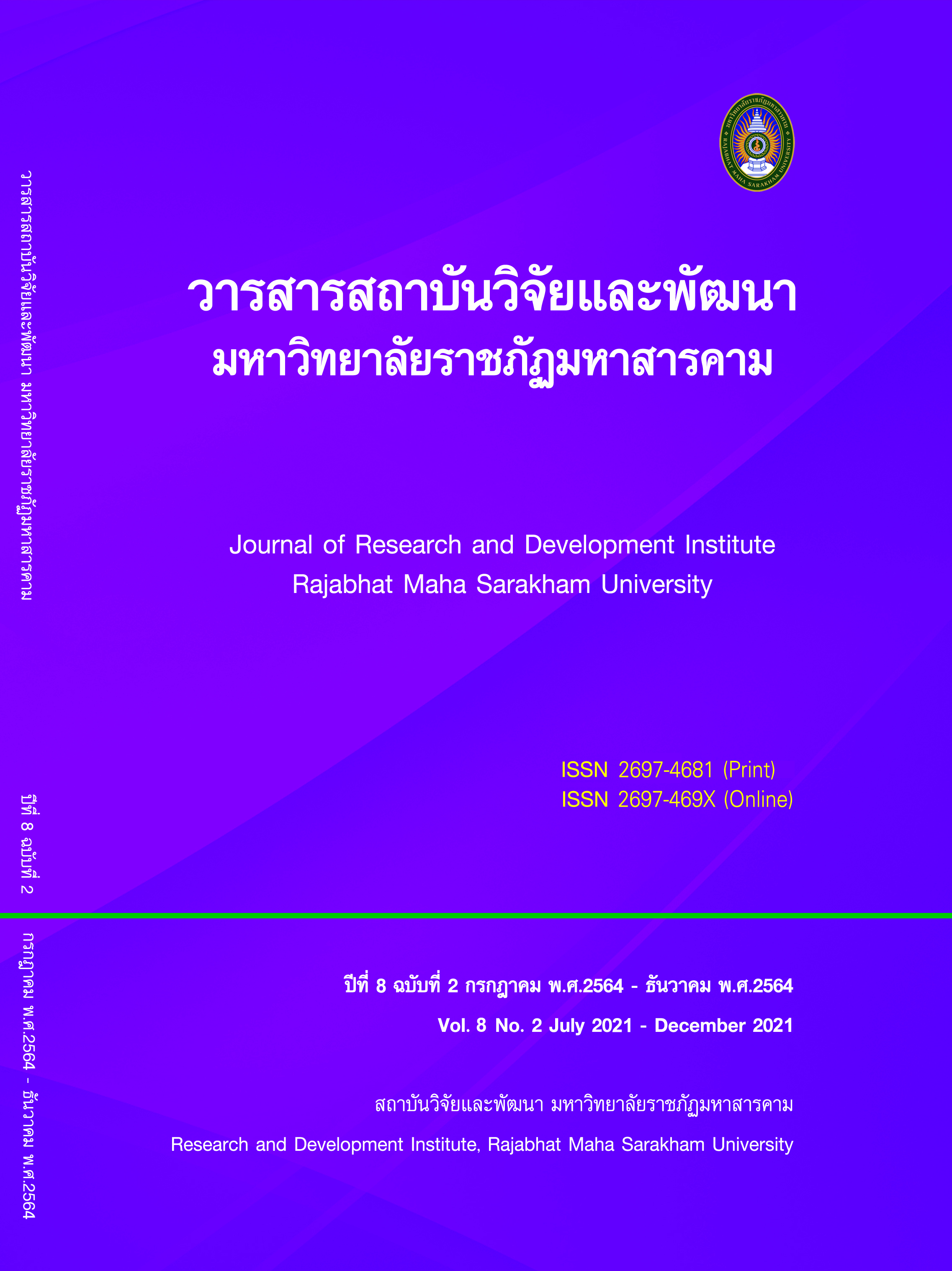Hotel companies operate in a highly competitive environment, targeting much clientele from the internationalmarket with many specialties
Keywords:
Strategic Management, Hotel Management, Global Crises, COVID- 19, RecoveryAbstract
Hotel companies operate in a highly competitive environment, targeting much clientele from the internationalmarket with many specialties. The management in these too demanding conditions is called upon to applymodern strategic management practices by analyzing global developments and supporting the decision makingprocess by limiting the uncertaintycreated by the external environment. In this context, it is imperative to analyze the financial and administrative impact of COVID- 19, which strongly threatens touristtraffic and largely overturning current budget estimations. Strategiccontribution to addressing this threat by adopting the established business strategy. This article is based onsimilar past crises,, as they were faced with strategic tools. This work aims to discuss and present the mostappropriate recovery management strategies,which can help the hotel industryrespond to this unprecedented crisis.
References
Aktan, C.C. (1998). GelecegiKazanmaninYolu: StratejikYonetim. Journal of YeniTurkiye, 1, 4(19), 334-336.
Ansoff, H.I., et al (2018). Implanting strategic management. London: Springer.
Armstrong, P., et al. (2020). Re-imagining long-term residential care in the COVID- 19 crisis. Ottawa, ON: Canadian Centre for Policy Alternatives.
Bakar, Abu Hassan Abu, et al. (2011). Implementation of strategic management practices in the Malaysian Construction Industry. Pakistan Journal of Commerce and Social Sciences, 2011 Vol. 5 (1), 140-154.
Benerjee, P. (2003). Resource Dependence and Core Competence: Insights from Indian Software Firms. Technovation.
Bolat, T. (2000). ToplamKaliteYonetimi. Istanbul: Beta Publishing.
Bush, D. and Nuseibeh, B. (2006). Requirements Engineering Research in Some Future Worlds: An Exercise in Scenario Planning. 14th IEEE International Requirements Engineering Conference.
Dehler, N. (2020). COVID- 19 and Hospitality: Re-evaluating Your Hotel Technology Strategy to Prepare for a New Normal Post-Recovery. [Online]. Available at: https://www.stayntouch.com/resources/articles/COVID- 19 - and-hospitality-re-evaluating-your-hotel-technology-strategy-to-prepare-for-a-new-normal-post-recovery/. [12 March 2021]
Delwyn N. Clark. (1998). Strategic Management Tool Usage: A Comparative Study. Strategic Change.
Dincer, O. (2007). StratijikYonetimveIslemePolitikasi, (8th ed). Istanbul: Alfa Publishing.
Drucker, P.F. (1968). The Age Od Discontinuity: Guidelines to our Changing Society, U.S.: Transaction Publishers.
Eren, E. (2006). Stratjik Yonetim. Eskisehir: Anadolu Universitesi Publishing.
Fahlenbrach, R., et al. (2020). How Valuable is Financial Flexibility when Revenue Stops? Evidencefrom the COVID- 19 Crisis (No. w27106). National Bureau of Economic Research.
Financial Express (2020). Can coronavirus spread through air? Hundreds of experts make COVID- 19 is airborneclaim. [Online]. :https://www.financialexpress.com/lifestyle/health/iscoronavirus -spreading-through-air-experts-claim-COVID- 19 -is-irborne/2014364/. [12 March 2021]
Fitzroy, P. and Hulbert, J.M. (2005). Strategic Management-Creating Value in a Turbulent Word. UK: John Wiley & Sons Inc.
Gunn, R., & Williams, W. (2007). Stratigic Tools: An Empirical Investigation Into Strategy in Practice in the UK. Strategic Change.
Hasan, M.R., & Aminudin, N. (2020). Destination Management Organisation Managers’ Behavioural Intentions towards Crisis Planning in Malaysia. In Travel and Tourism: Sustainability, Economics, and Management Issues. Singapore: Springer.
Henderson, J.C., & Ng, A. (2004). Responding to crisis: severe acute respiratory syndrome (SARS) and hotels inSingapore. International Journal of Tourism Research, 2004 Nov-Dec; 6(6): 411–419.
John M. Bryson (1988). A Strategic Planning Process for Public and Non-Profit Organizations. Long Rang Planning.
Johnson, G., et al. (2017). Exploring strategy. NJ:Pearson.
Kaplan, R.S. and Norton, D.P. (1999). Balanced Scorecard: Sirket Stratejisini Eyleme Domusturmek. Istanbul: Sistem Publishing.
Karim, W., et al. (2020). The movement control order (mco) for COVID- 19 crisis and its impact on tourism and hospitality sector in Malaysia. International Tourism and Hospitality Journal, 3(2),1-7.E-ISSN 2281-4612ISSN 2281-3993.
Köseoglu, M.A., et al. (2019). Evolution of Strategic Management Research Lines in Hospitality and Tourism. J. Hosp. Mark. Manage.
Kubickova, M, et al. (2019). The impact of crises on hotel rooms' demand in developing economies: The case of terrorist attacks of 9/11 and the global financial crisis of 2008. Journal of Hospitality and Tourism Management 38, 27-38.
Lashley, C. (2008). Marketing hospitality and tourism experiences. In Handbook of Hospitality MarketingManagement; Oh, H., Pizam, A., Eds.; Elsevier Ltd.: Oxford, UK.
Scott, D., G. Wall and G. McBoyle. (2005). The evolution of the climate change issue in the tourism sector, in: Tourism, Recreation and Climate Change (M. Hall and J. Higham, eds). London: Channel View Publications.
Mikulić, J., et al. (2018). Strategic crisis management in tourism: An application of integrated risk management principles to the Croatian tourism industry. Journal of destination marketing& management, Vol.7 pp.36-38 ref.8.
Mintzberg, H., et al. (2005). Strategy Safari: A Guided Tour Through the Wilds of Strategic Management. (10th Ed). New York: Free Press.
Monterrubio. J.C. (2010). Short-term economic impacts of influenza A (H1N1) and government reaction on the Mexican tourism industry: An analysis of the media. International Journal of Tourism Policy, Vol. 3, No. 1, 2010.
Okumus, F, et al. (2017). Scientific progress on strategic management in hospitality and tourism: A state-of-the-art. Tour. Rev.
Okumus, F, et al. (2019). Strategic management for hospitality and tourism. London: Routledge.
Page, S., & Connell, J. (2006) Tourism: A modern synthesis (2nded.). Thomson, London.
Ryan, C. (2003) Recreational tourism: Demands and impacts. Channel View Publications, Clevedon.
Sigala, M. (2020). Tourism and COVID- 19: impacts and implications for advancing and resetting industry andresearch. Journal of Business Research, Vol. 117: p-312-321.
Thams, A., et al. (2020). An initial assessment of economic impacts and operational challenges for the tourism & hospitality industry due to COVID- 19 (No. 2/2020). IUBH Discussion Papers-Tourisms & Hospitality.
The Bangkok insight.com (2021). Covid-19 News. [Online]. https://www.thebangkokinsight.com/news/world-news/covid-19-world-news/569337/. [19 Apirl 2021]
Tourwriter. (2020). The travel industry is resilient: Historical events and how tourism has bounced back. [Online]. Available at: https://www.tourwriter.com/travel-software-blog/COVID- 19 -pt1/ [19 Apirl 2021]
World Travel and Tourism Council. (2020). What is the future of travel and tourism after COVID- 19 ? Financial Times Global Economic Crisis – What Now? Global Digital Conference. World Travel and Tourism Council
Downloads
Published
How to Cite
Issue
Section
License
Copyright (c) 2021 Journal of Research and Development Institute Rajabhat Maha Sarakham University

This work is licensed under a Creative Commons Attribution-NonCommercial-NoDerivatives 4.0 International License.
Articles that are published are copyrighted by the authors of the articles







